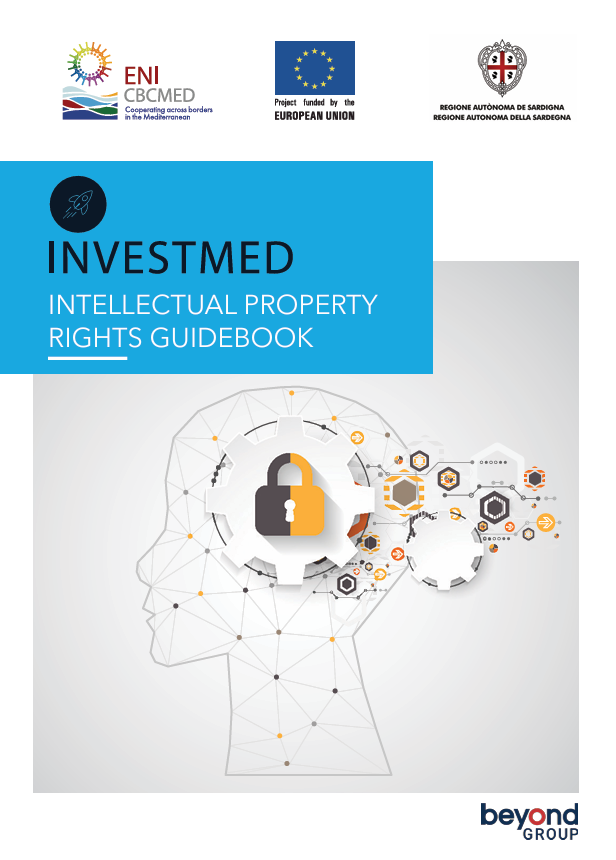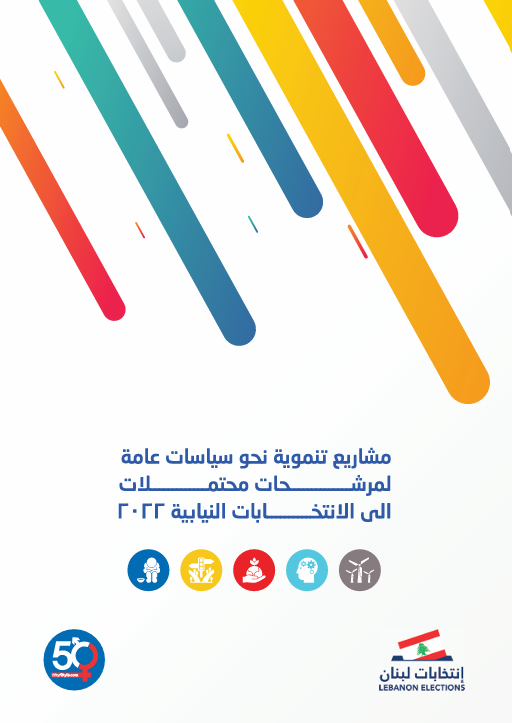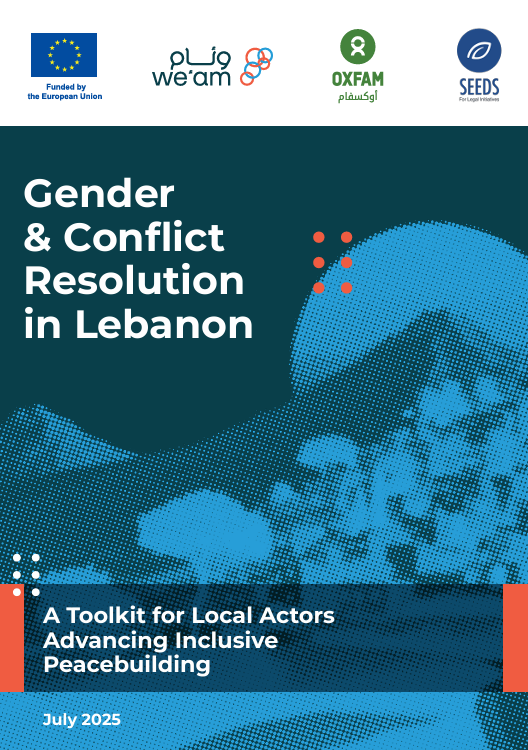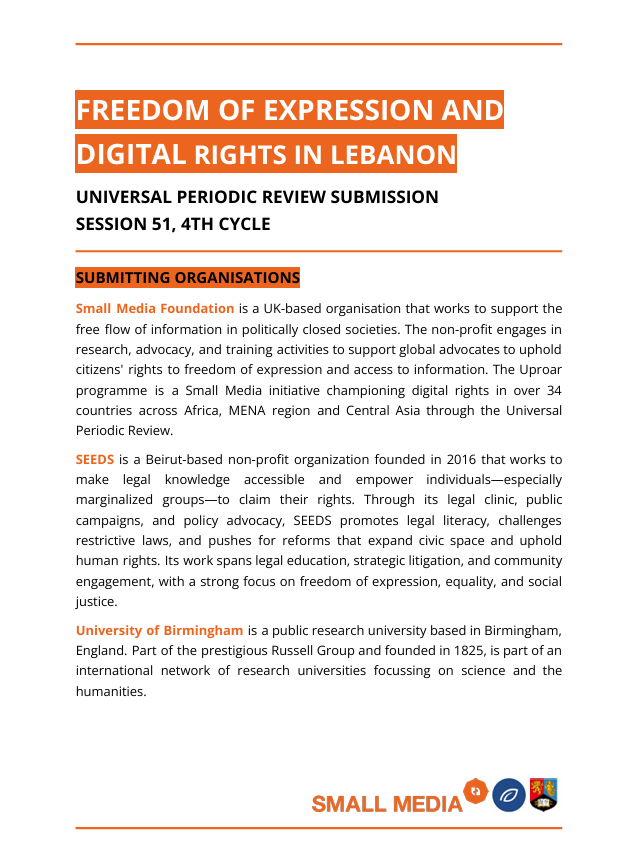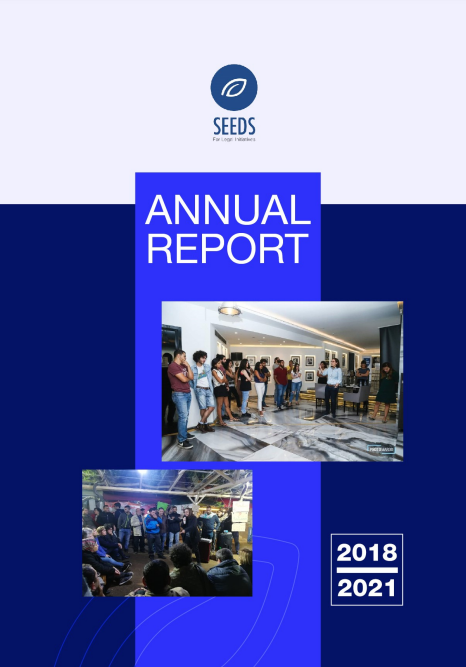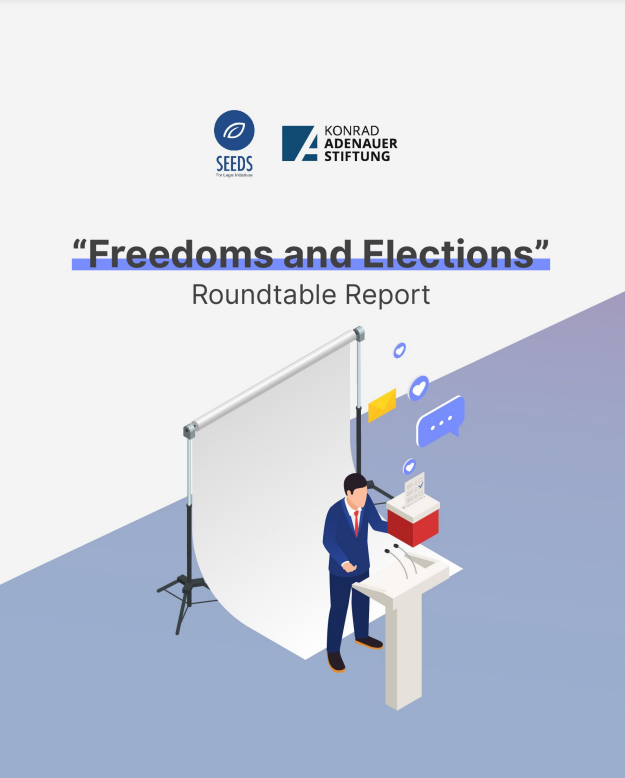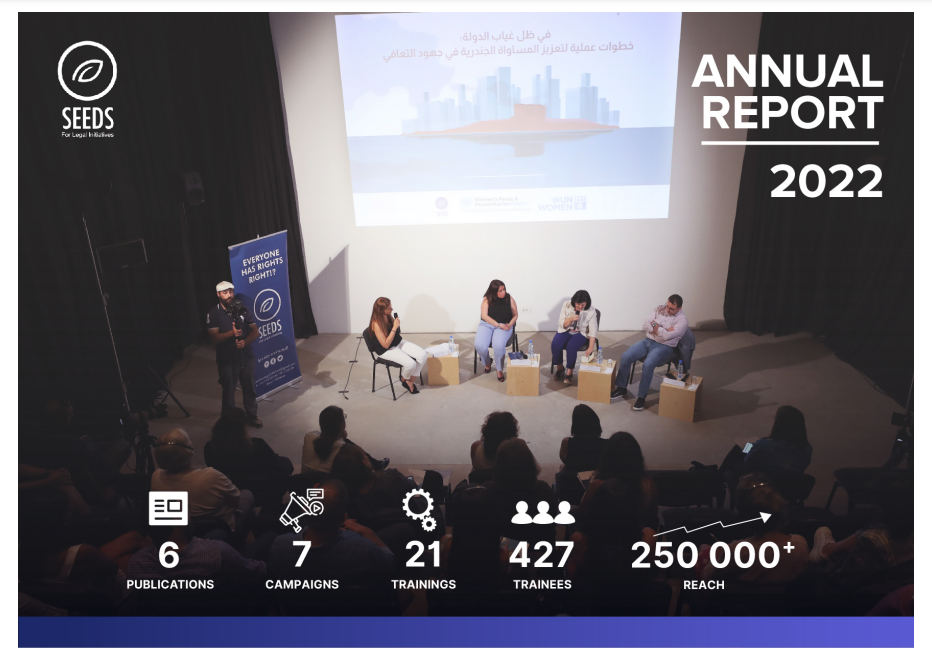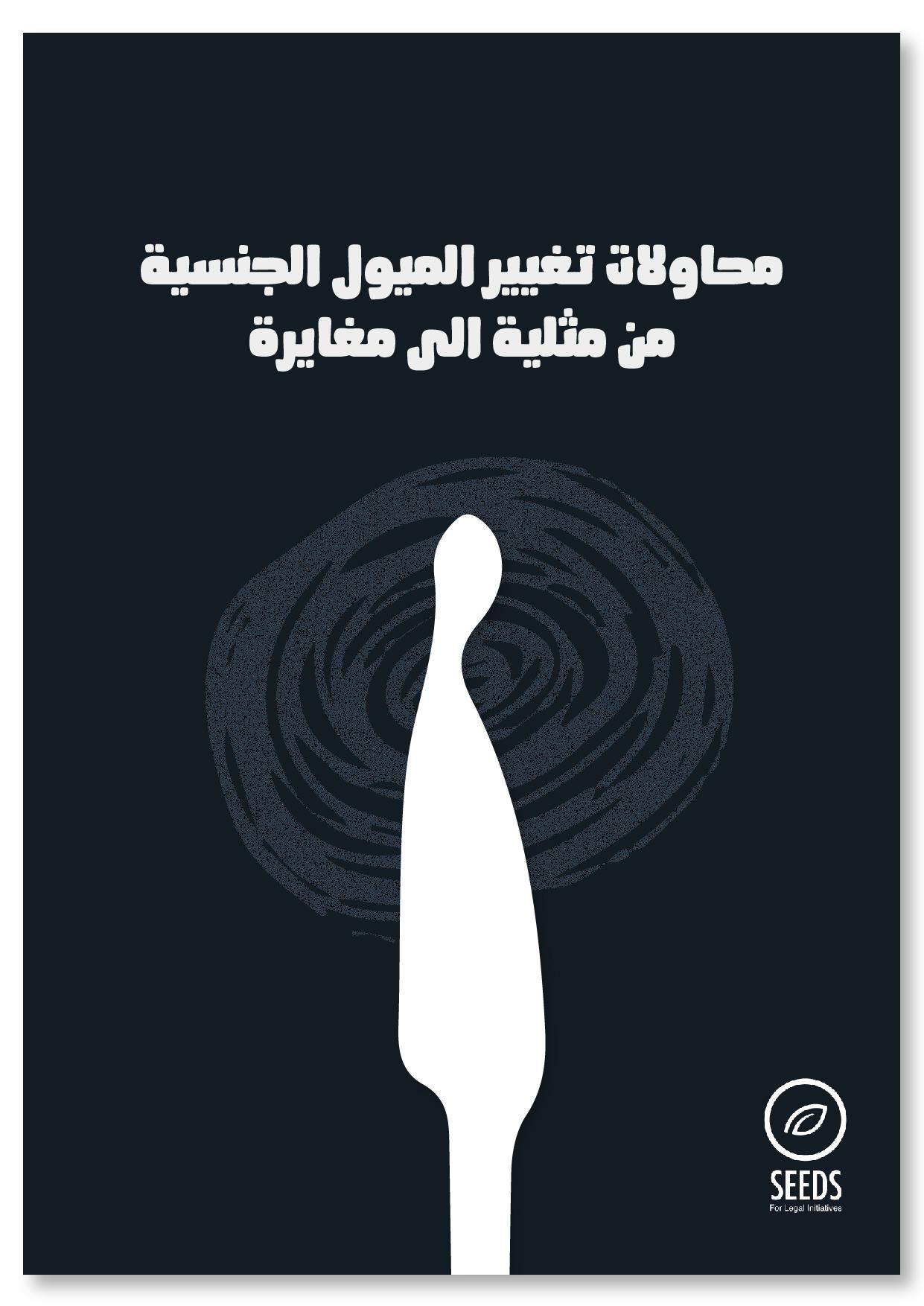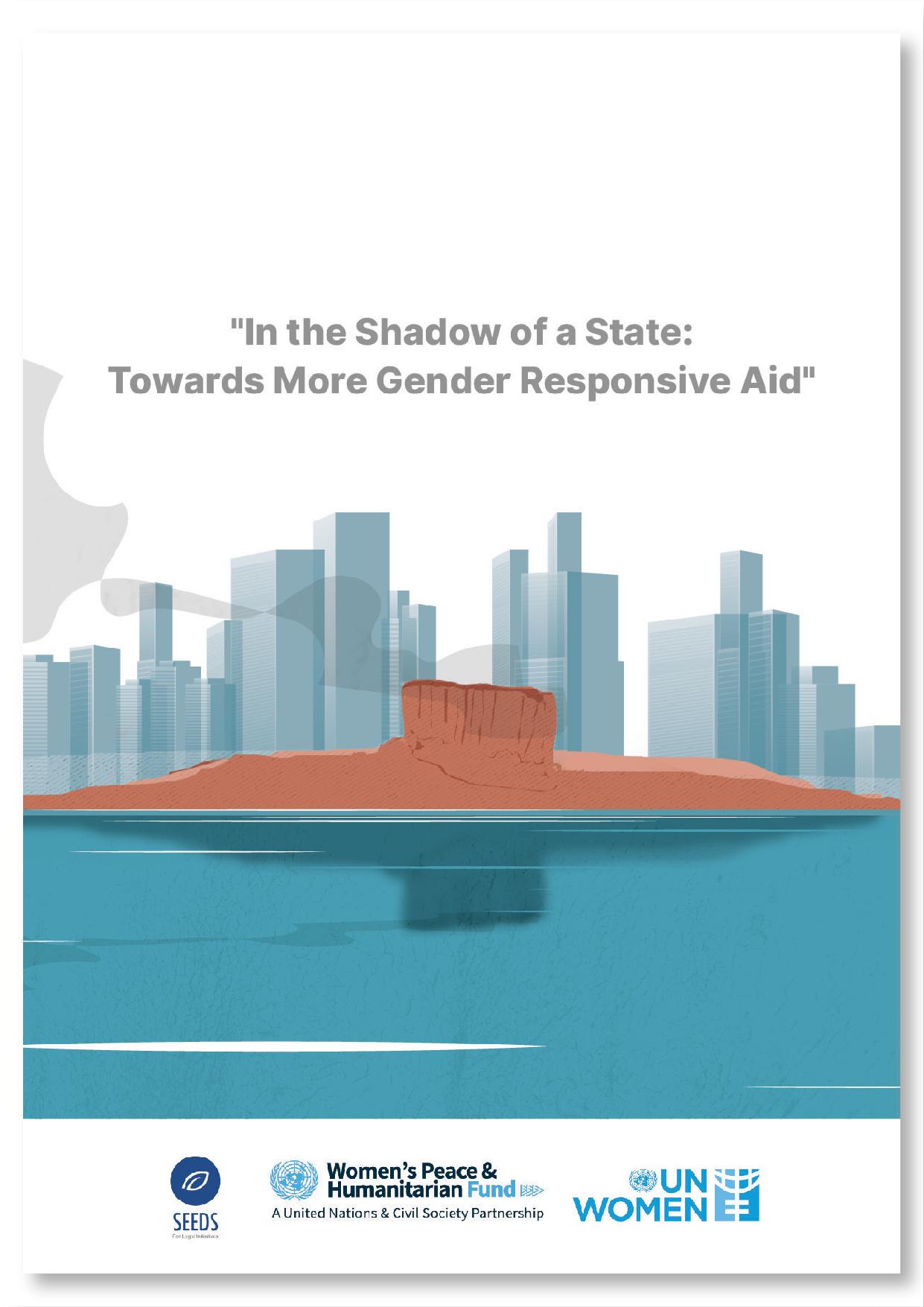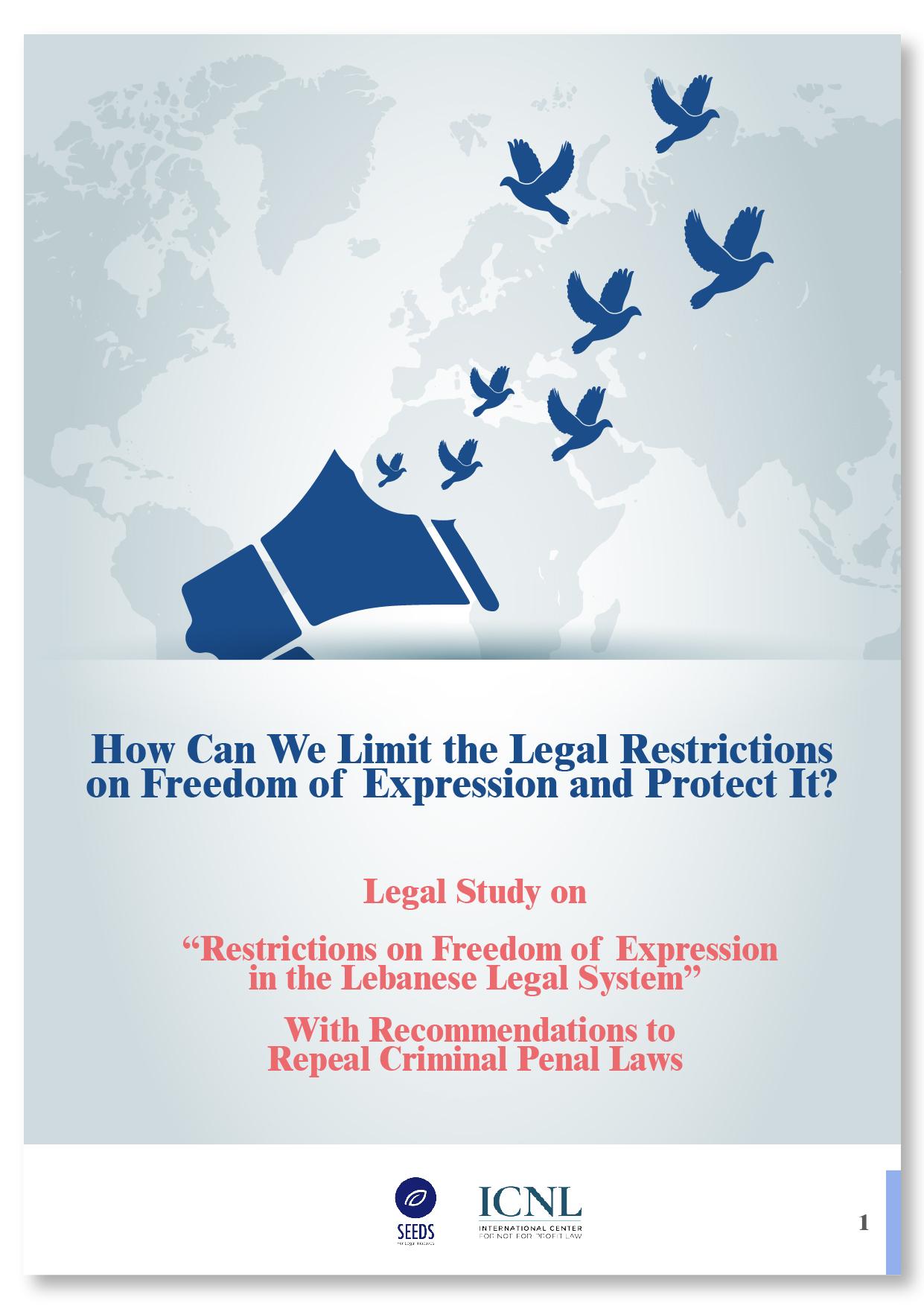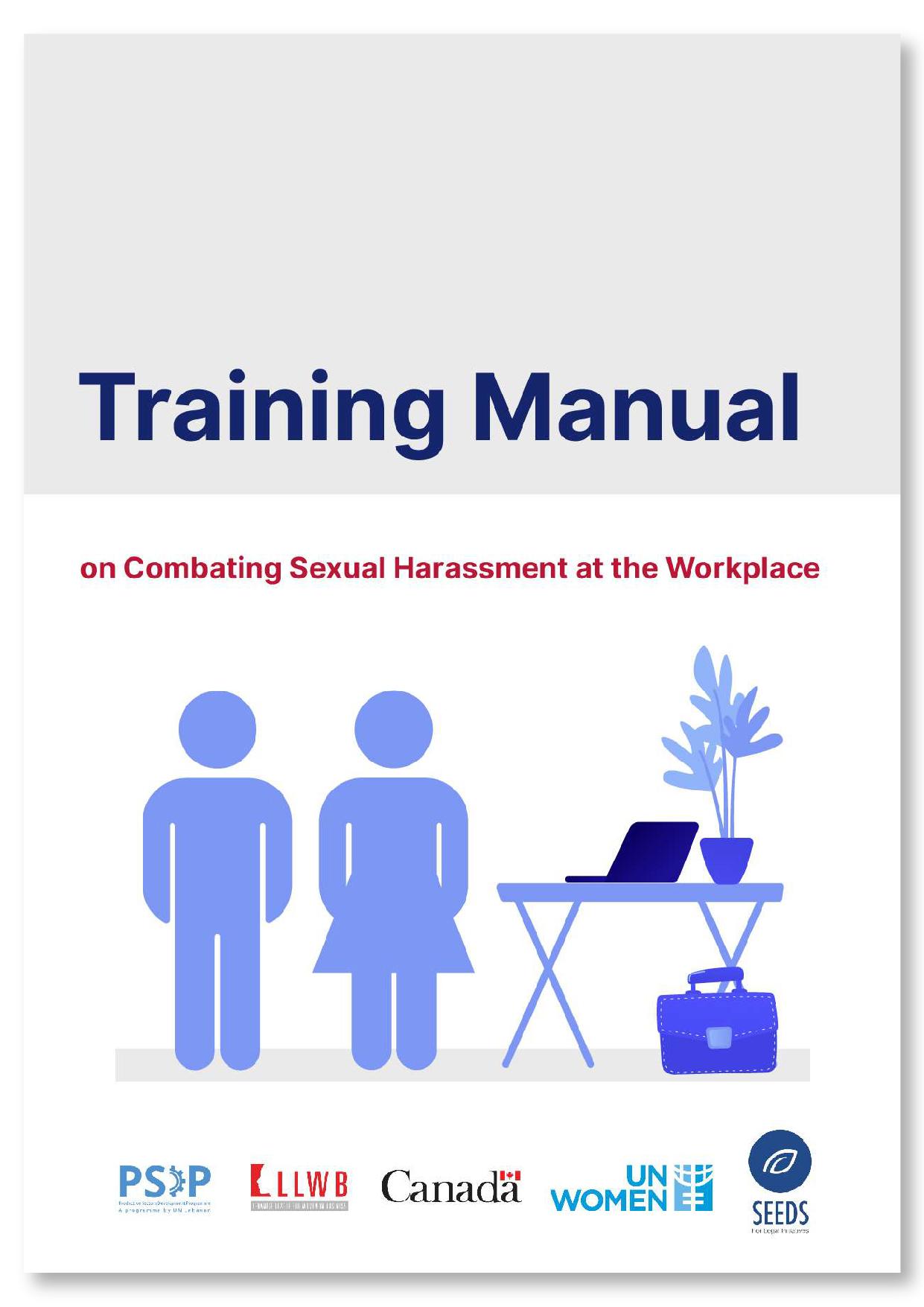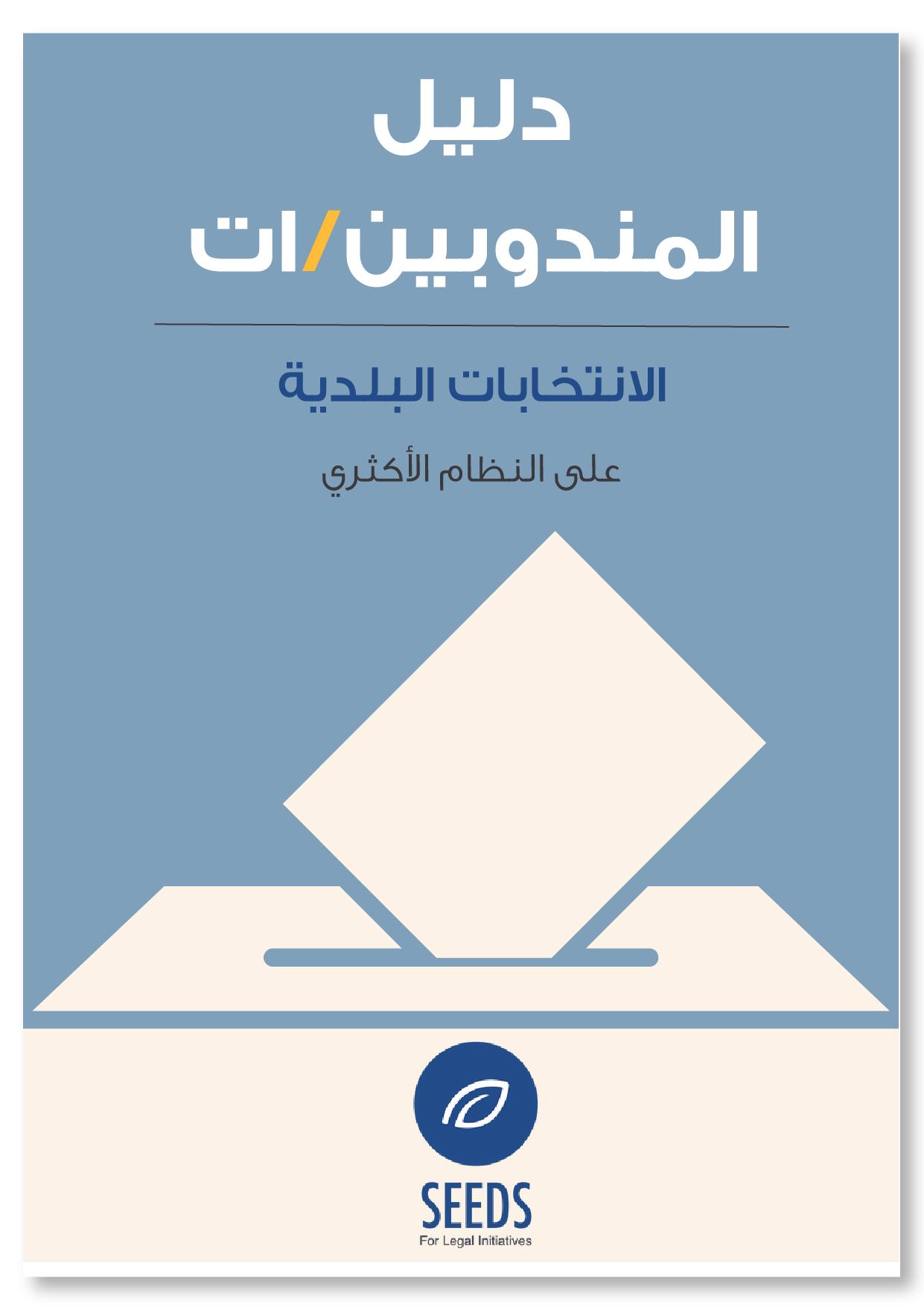Applying a Gender Lens to Conflict Resolution Efforts in Lebanon: WE’AM - A Feminist Exploration of Conflict and Peacebuilding Practices in Lebanon.
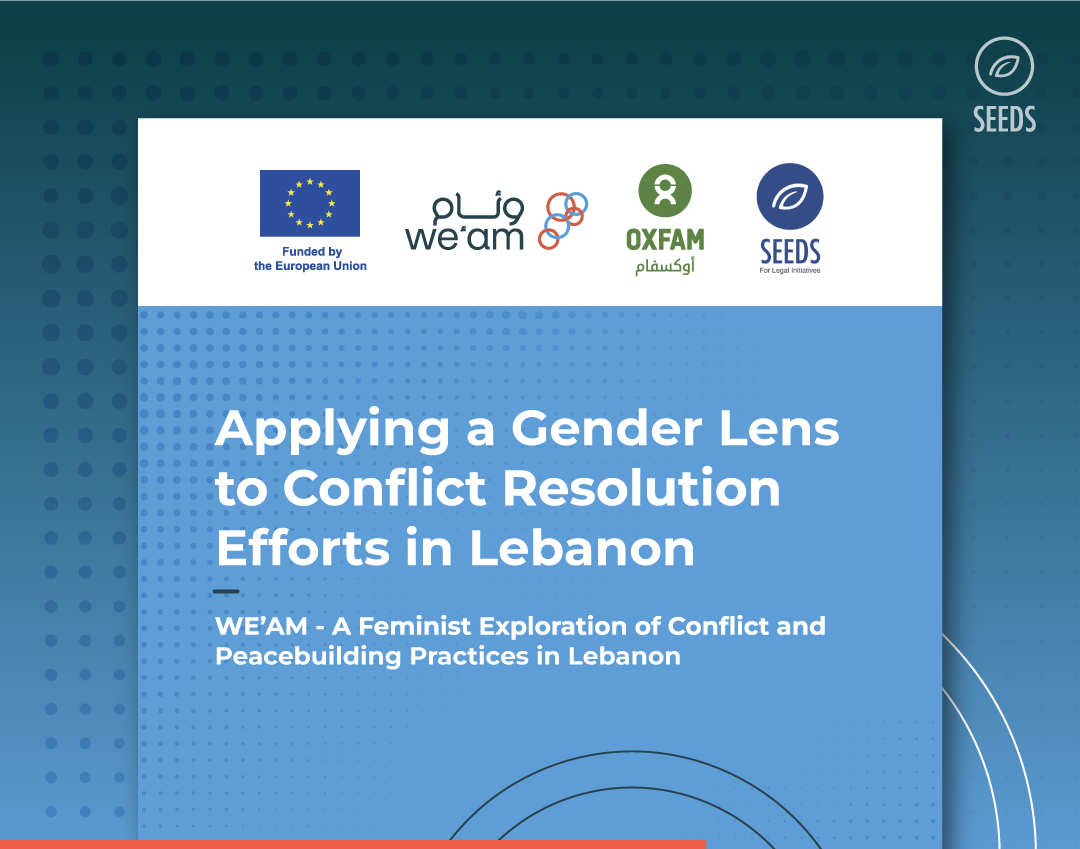
Background
Lebanon’s history of protracted conflict and recurring crises has entrenched gender inequalities, restricting women’s participation in peace and security processes. Patriarchal norms, discriminatory laws, and systemic barriers continue to marginalize women from decision-making spaces. And the overlapping crises, from political instability to the 2019 financial collapse and the 2020 Beirut port explosion, have further exacerbated their exclusion.
Despite these challenges, civil society has emerged as a central actor in promoting gender equality and inclusive peacebuilding. Women’s Rights Organizations (WROs), community-based groups, and local authorities play pivotal roles in fostering social cohesion and advocating for gender justice within their communities.
Within this context, Oxfam’s EU-funded WE’AM project (Working for Engagement, Acceptance, and Mediation) seeks to enhance gender-responsive approaches to conflict prevention and resolution in Lebanon. As part of this initiative, Seeds for Legal Initiatives conducted an in-depth study titled Applying a Gender Lens to Conflict Resolution Efforts in Lebanon, complemented by the development of a Gender-Transformative Toolkit tailored to the Lebanese context.
Assignment
Oxfam commissioned SEEDS for Legal Initiatives to conduct a national study exploring how organizations engaged in social cohesion and conflict resolution integrate gender considerations into their work. The study aims to:Examine how conflict affects women and how women engage in peacebuilding processes.
- Identify structural, cultural, and institutional barriers to gender-inclusive conflict resolution.
- Map existing interventions, tools, and local practices addressing gender and conflict.
- Inform the development of a Gender-Transformative Toolkit that provides actionable guidance for practitioners and organizations to mainstream gender into conflict prevention and resolution strategies.
Research Approach & Methodology
Capturing the multifaceted nature of gender and conflict requires a sophisticated research methodology. This study employed a qualitative, context-driven approach to gather authentic, grounded insights directly from those engaged in peacebuilding work.
Data was collected through Key Informant Interviews (KIIs) with a diverse range of organizations and municipalities, and Focus Group Discussions (FGDs) with women community members and WE’AM project partners. This method ensured that the analysis was informed by the lived experiences and professional perspectives of stakeholders operating at all levels.
The study’s core analytical framework is the Ecosystem Approach, which provides a holistic perspective by structuring the analysis across five interconnected levels of influence.
- Individual Level: Examining the direct impacts of conflict on women and girls.
- Interpersonal Level: Investigating how family, community, and cultural norms shape women's experiences.
- Organizational Level: Assessing internal policies, safety measures, and project conceptualization within organizations.
- Community Level: Focusing on trust-building, networks, and partnerships with local communities.
- Institutional Level: Analyzing advocacy efforts, policy influence, and the role of local authorities.
- A key deliverable of this research is the development of a gender-transformative toolkit. This practical resource is designed to equip local and international organizations with effective strategies to ensure women move beyond symbolic participation toward genuine decision-making roles in conflict resolution and peacebuilding.
Key Findings
- Gendered Understanding of Conflict.
- Persistent Patriarchal Norms
- Institutional Weaknesses
- Safety Gaps
- Limited Men and Youth Engagement
- Structural Barriers
Seeds for Legal Initiatives. (2024). Applying a Gender Lens to Conflict Resolution Efforts in Lebanon: WE’AM - A Feminist Exploration of Conflict and Peacebuilding Practices in Lebanon. Oxfam.
July 2024 - February 2025
